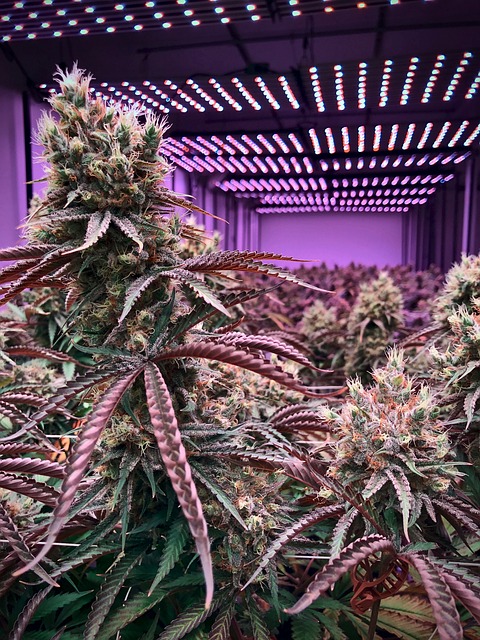2023 has seen a surge of interest in THCA (Tetrahydrocannabinolic Acid), a non-psychoactive compound found in hemp and cannabis plants, which is legal in New Hampshire. With the state's medical cannabis programs allowing THCA for qualified patients and its hemp-derived products with less than 0.3% THC permissible under federal law, consumers can explore THCA flowers, edibles, and extracts with confidence, provided they comply with local regulations. In New Hampshire, THCA is legally available to medical marijuana cardholders under specific guidelines. The state's Department of Health and Human Services outlines the conditions that qualify for THCA treatment and the allowable forms of administration, emphasizing adherence to avoid legal issues. As the understanding of THCA's health benefits deepens, consumers interested in its therapeutic effects must stay informed about the evolving laws surrounding this cannabinoid. Additionally, New Hampshire residents can cultivate THCA flowers, with careful attention to state regulations and optimal growing conditions, ensuring a compliant and potentially beneficial harvest. The legality of THCA in New Hampshire opens doors for both personal and commercial cultivation within the guidelines set forth by the state.
Explore the nuances of THCA flower tips, a topic of growing interest among New Hampshire residents. This article serves as an all-encompassing resource, illuminating the legal status, sourcing options, and cultivation methods for THCA within the state’s borders. Delve into understanding what sets THCA apart from Delta-9 THC, its potential benefits, and how to maintain its integrity through proper storage. Whether you’re a novice or seasoned user, this guide will enlighten you on the intricacies of THCA legal in New Hampshire, ensuring you have a clear and informed approach to this natural compound.
- Understanding THCA Flower: A Comprehensive Guide for New Hampshire Residents
- The Legal Landscape of THCA in New Hampshire: What You Need to Know
- Sourcing Quality THCA Flowers in the Granite State
- The Benefits and Effects of THCA vs. Delta-9 THC
- Storing and Preserving Your THCA Flowers for Optimal Freshness
- Cultivating Your Own THCA Flowers: A Primer for New Hampshire Growers
Understanding THCA Flower: A Comprehensive Guide for New Hampshire Residents
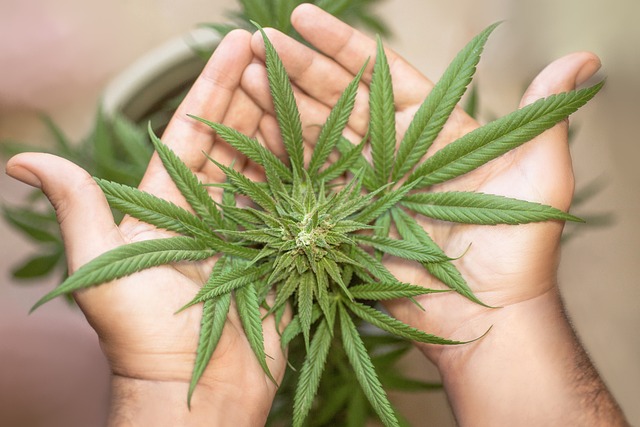
1. In recent years, the conversation around cannabinoids and their potential health benefits has gained significant traction across the United States. New Hampshire residents interested in exploring the legal landscape of cannabis derivatives will find a notable point of interest in THCA or Tetrahydrocannabinolic Acid, which is the raw, non-psychoactive precursor to THC found in hemp and cannabis plants. As of the knowledge cutoff in 2023, THCA flower, rich in this compound, is legal in New Hampshire under certain conditions as outlined by the state’s hemp program regulations. This guide aims to demystify the properties and potential uses of THCA for those in the Granite State, providing clarity on what distinguishes THCA from other cannabinoids and how it can be incorporated into a wellness routine within the framework of New Hampshire’s legal framework.
2. Understanding THCA flower begins with recognizing its legal status and potential applications. THCA is recognized for its non-psychoactive nature, which means it does not induce the ‘high’ commonly associated with THC. This attribute makes it a popular choice for individuals seeking the wellness benefits of cannabinoids without psychoactive effects. In New Hampshire, where hemp-derived products containing less than 0.3% THC are legal, residents can explore the world of THCA flowers confidently. These flowers are typically high in THCA and can be consumed in various forms, such as smoked flower, infused edibles, or concentrated extracts. It’s important for New Hampshire residents to stay informed about local regulations and retailers that offer these products responsibly. As the market evolves, so too does the understanding of how THCA may interact with the body’s endocannabinoid system, potentially offering a wide array of wellness benefits that are currently the subject of ongoing scientific research.
The Legal Landscape of THCA in New Hampshire: What You Need to Know
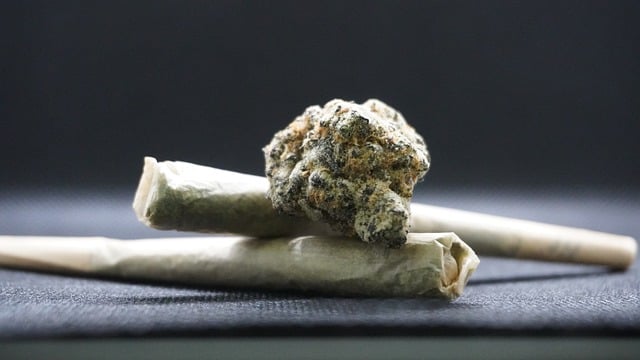
In recent years, the legal status of THCA, or Tetrahydrocannabinolic Acid, has been a subject of interest and clarification within the regulatory frameworks of various states. As of the latest updates, New Hampshire has established specific guidelines regarding the use and possession of THCA. It’s crucial for individuals to be aware that while medical cannabis, which includes THCA, is legal in New Hampshire under certain conditions, the state has its own set of regulations governing its use. Patients who have obtained a medical cannabis card are allowed to possess and use THCA as part of their treatment plan for qualifying conditions. The New Hampshire Department of Health and Human Services provides comprehensive guidelines on the types of conditions that qualify for medical marijuana therapy, including the forms in which it can be administered. It’s imperative for consumers to adhere strictly to these regulations, as possession or use outside of the prescribed legal framework can lead to legal consequences. Understanding the intricacies of New Hampshire’s cannabis laws is essential, especially considering the evolving nature of legislation at both state and federal levels. For those interested in the therapeutic properties of THCA, it is advisable to consult with a healthcare provider and stay informed on the latest legislative changes affecting medical cannabis use in the state.
Sourcing Quality THCA Flowers in the Granite State
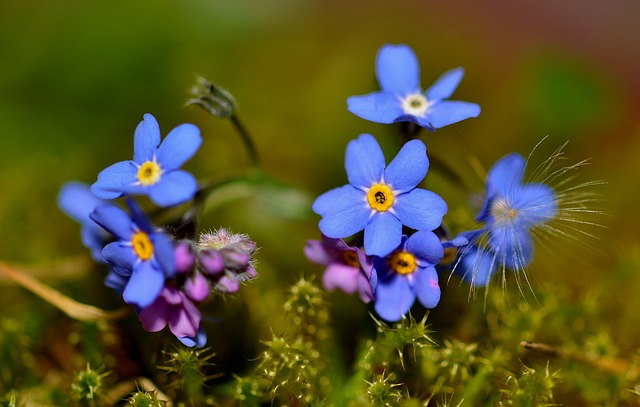
In the Granite State, discerning consumers interested in THCA flowers—a non-psychoactive cannabinoid found in hemp and marijuana plants—have a growing number of options for sourcing high-quality products. The legal landscape in New Hampshire has evolved to accommodate the sale and distribution of these compounds. Under the 2018 Farm Bill and subsequent state regulations, THCA-rich hemp products are federally legal provided they contain less than 0.3% THC on a dry weight basis. Locals and visitors alike can explore local dispensaries, specialty stores, and online retailers that offer a variety of THCA flowers, each with its own strain characteristics and potency levels. When sourcing THCA flowers in New Hampshire, it’s crucial to consider the legitimacy of the vendor and the quality assurance measures they follow. Reputable providers often have their products tested by third-party labs to ensure purity and potency, ensuring that consumers receive a safe and effective product. Additionally, New Hampshire residents can take advantage of the state’s thriving agricultural sector, where some farmers specialize in cultivating hemp for its THCA content, offering a selection of fresh, locally-grown flowers that can be enjoyed for their wellness properties or included in various wellness routines. Whether through physical stores or trusted online marketplaces, finding quality THCA flowers in New Hampshire is a journey worth pursuing for those interested in the potential benefits of this cannabinoid.
The Benefits and Effects of THCA vs. Delta-9 THC
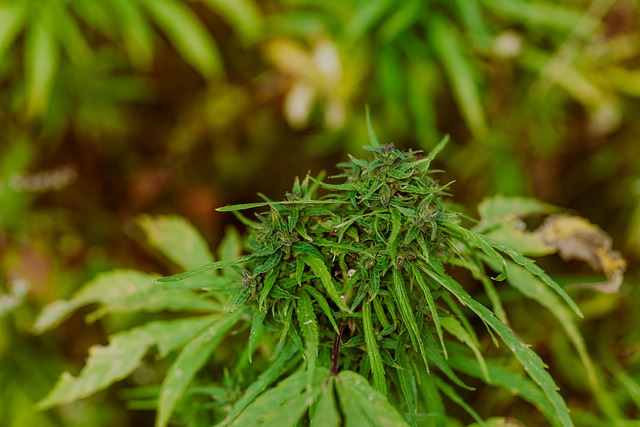
Cannabis researchers and enthusiasts alike have long been intrigued by the potential benefits and effects of THCA, or tetrahydrocannabinolic acid, as compared to its more well-known psychoactive counterpart, Delta-9 THC. THCA is the raw form of THC found in raw cannabis plants and has garnered attention due to its non-psychoactive properties. Unlike Delta-9 THC, which can induce a high when smoked or vaporized, THCA does not produce psychoactive effects when consumed in its acidic form. This has led to an exploration of its potential wellness and health benefits, with some users reporting anti-inflammatory, neuroprotective, and gastrointestinal benefits without the mind-altering side effects.
In New Hampshire, where the legal status of THCA-rich products is evolving, consumers are increasingly turning to these non-psychoactive cannabinoids for their health and wellness applications. Research suggests that THCA may offer a range of therapeutic properties, including pain relief, without the psychoactivity of Delta-9 THC. This distinction is particularly significant for individuals seeking the potential health benefits of cannabis but wish to remain clear-headed and functional throughout their day. The legal landscape in New Hampshire continues to shape consumer access to these products, with laws that may differentiate between hemp-derived and cannabis-derived THCA, reflecting the complexity of cannabinoid regulations. As such, it’s crucial for consumers to stay informed about the evolving laws and scientific understanding surrounding THCA and its effects compared to Delta-9 THC.
Storing and Preserving Your THCA Flowers for Optimal Freshness
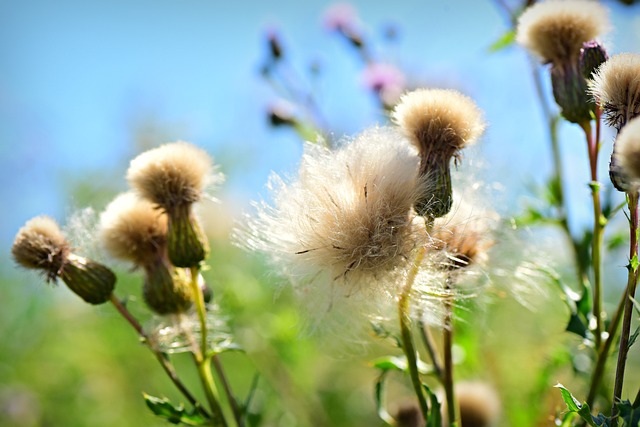
When it comes to preserving the potency and freshness of your THCA flowers, proper storage is key. These flowers, which are rich in tetrahydrocannabinolic acid (THCA), a non-psychoactive cannabinoid that can convert into THC when heated, require specific conditions to maintain their integrity. To ensure your THCA flowers remain fresh and retain their properties, store them in an airtight container made of glass or a material that does not absorb odors or flavors. This will protect them from exposure to moisture, oxygen, and light, which can degrade the compounds over time. Keeping your THCA flowers in a cool, dark place, away from direct sunlight, further enhances their preservation. The ideal temperature for storage is around 60-70 degrees Fahrenheit (15-21 degrees Celsius). For those residing in New Hampshire, where the legal status of THCA flowers aligns with other cannabinoid products, adhering to these storage recommendations becomes part of responsibly enjoying your purchase. Properly stored THCA flowers can maintain their quality for several months, ensuring that you have access to the full spectrum of natural benefits they offer. It’s also important to note that the legality of THCA flowers can vary by state and locality, so always ensure that you are in compliance with the laws governing cannabis products in your area before purchasing or storing them. In New Hampshire, where regulations allow for the possession and use of these products under certain conditions, taking the time to store your THCA flowers correctly will enhance both their shelf life and your overall experience.
Cultivating Your Own THCA Flowers: A Primer for New Hampshire Growers
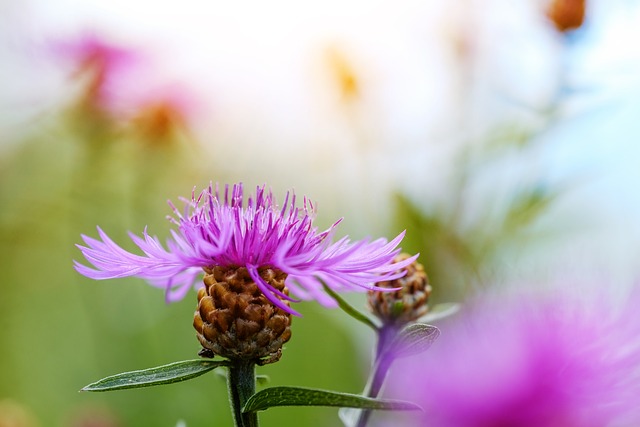
In New Hampshire, where the cultivation of THCA-rich flowers is legally permissible under state law, enthusiasts and gardeners have a unique opportunity to grow their own THCA flowers. These plants, which contain the non-psychoactive compound tetrahydrocannabinolic acid (THCA), are gaining popularity for their therapeutic potential and medicinal properties. To embark on this cultivation journey, it’s crucial to understand the specific conditions that THCA flowers require. They thrive in environments with a consistent temperature and humidity levels, which can be particularly well-suited to the New Hampshire climate. Proper soil preparation, including the right pH balance and nutrient content, is also essential for optimal growth. Additionally, selecting the correct strain of cannabis plant that is high in THCA content will ensure the flowers possess the desired effects. New Hampshire growers should also consider the legal aspects, ensuring they adhere to all state regulations regarding cultivation size, location, and licensing requirements. With careful attention to these details, growing THCA flowers can be a rewarding endeavor, providing both a bountiful harvest and potential health benefits.
For those new to cultivating THCA flowers, starting with a small, controlled setup is advisable. This allows for learning the intricacies of plant care without the complexity of managing larger operations. Indoor setups can offer greater control over the growing conditions, which is particularly beneficial for maintaining the ideal environment for THCA flower development. New Hampshire’s often cooler outdoor climate can also be leveraged for natural, organic growth if the local laws permit it and the grower has the necessary setup to protect the plants from frost and other unpredictable weather elements. Whether indoors or out, understanding the life cycle of THCA flowers, from germination to harvest, is key to a successful crop. Regular monitoring for pests and diseases, as well as adjusting environmental factors to support plant health, are daily tasks that will contribute to a bountiful yield of high-quality THCA flowers.
In New Hampshire, the landscape of cannabinoids is evolving, with THCA flower emerging as a noteworthy focus for residents interested in the potential benefits and effects distinct from those of Delta-9 THC. This comprehensive guide has navigated the legal standing of THCA in the state, ensuring readers are well-informed on its status as per New Hampshire laws. Whether through purchasing or cultivation, the article has provided a thorough understanding of sourcing and growing quality THCA flowers within the Granite State’s borders. Proper storage techniques have also been outlined to maintain their freshness and potency. For those in New Hampshire considering the addition of THCA flower to their wellness routine, this guide serves as an essential resource, highlighting the importance of knowledgeable decision-making within the legal boundaries set forth by state regulations.
